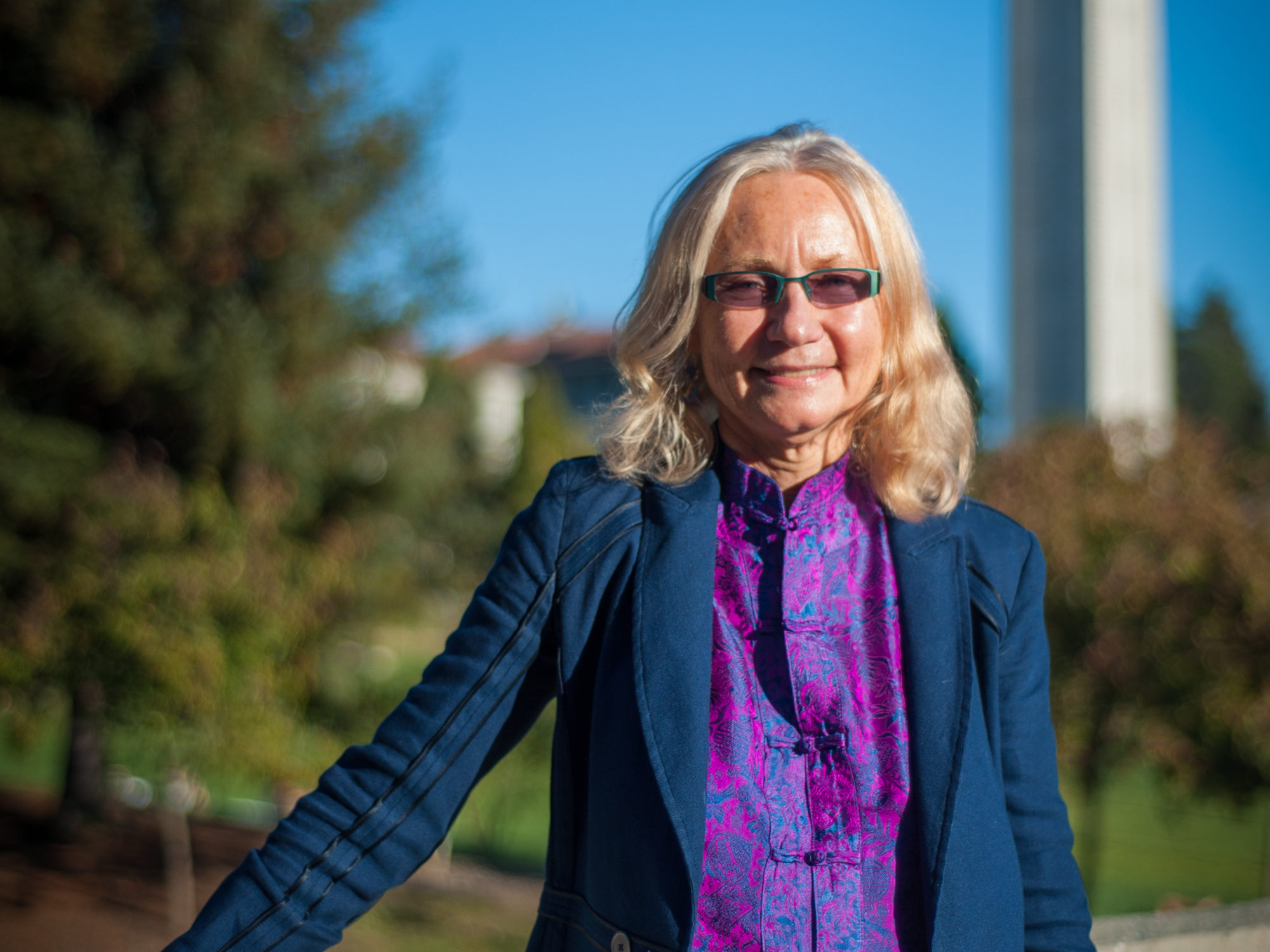Alice Agogino co-authored the report on sexual harassment of women from the National Academies and was quoted in this article in the Fall issue of the Society of Women Engineers Magazine. The excerpts below give my personal take on what needs to be done to improve the climate in engineering for women:
Engineering ranks high in sexual harassment, and in continual and cumulative incivilities against women. A new report aims to change these power structures, suggesting that higher-education institutions’ funding be tied to disclosures and punishment of harassers.
The research also found that sexual harassment is more likely to occur in fields where women are underrepresented in the student population and among the faculty and leadership, said Alice Merner Agogino, Ph.D., a mechanical engineering professor and education director at the Blum Center for Developing Economies at the University of California, Berkeley, who served on the National Academies committee that co-authored the Academies’ report. Of the report itself, she said, “It was very depressing. The fact that this is still continuing to happen and with such huge, negative consequences was quite shocking to me and to many of us.” Dr. Agogino founded UC-Berkeley’s product design concentration, serves as its head advisor, and chairs the development engineering graduate group. On June 26, Dr. Agogino was honored with a STEM mentoring award from the White House Office of Science and Technology Policy, along with the National Science Foundation.
She also runs her own start-up firm, Squishy Robotics, which creates rapidly deployable robots that, in concept, will be dropped into emergencies such as hazmat or chemical spills and surveil the scene. Their mission is to let them do their work as effectively as possible while saving lives.
Dr. Agogino said she is hopeful that the report, along with the #MeToo and #ScienceToo movements, will make a difference in improving conditions for female students, faculty, and administrators. “The whole #MeToo movement is increasing the level of accountability and reporting,” she said.
She is encouraged by efforts to make universities’ disclosures and punishment of sexual harassers criteria for their funding from government agencies such as the National Science Foundation, and for STEM academies to expel members found to be sexual harassers.
She also hopes to see harassers no longer able to use confidentiality agreements when they settle accusations, because such agreements give harassers the cover they need to go elsewhere.
“These are all changes that I would never have foreseen just a few years ago,” she said. “The solution really is mutual respect and providing a climate that ensures diversity and inclusion in many dimensions. We need to raise the bar everywhere on that. Sexual harassment is part of an overall climate that we need drastically to work on if women are to succeed anywhere.”
Note: Dr. Agogino will be presenting the report at WE18, the Annual Conference of the Society of Women Engineers, in Minneapolis, Minnesota on Friday, October 19, at 3:00 pm CT during the session “The State of Women in Engineering.”

